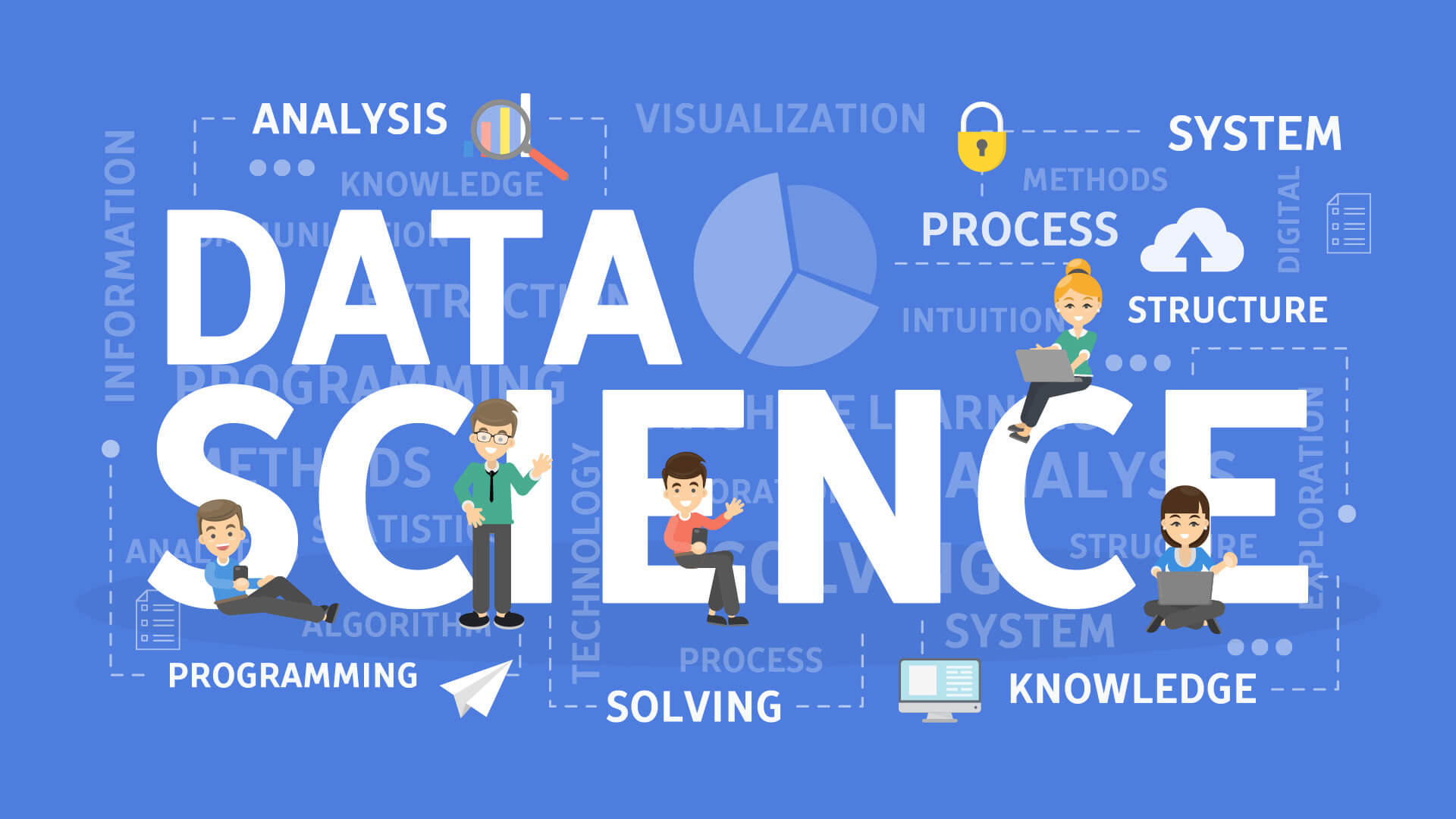- September 7, 2023
- Posted by: team SOUTECH
- Category: Blog, Data Analysis and Virtualization, Data Science Free Training

Data modeling is at the heart of effective business intelligence, and the PowerBI PL300 Certification places a strong emphasis on advanced data modeling techniques. In this article, we explore the key concepts and skills required to master advanced data modeling with PowerBI.
Understanding Data Modeling: Data modeling involves creating a structured representation of data to facilitate analysis and reporting. It’s the process of defining tables, relationships, and calculations to extract meaningful insights.
Advanced Data Modeling Scenarios: PL300 candidates will encounter complex data modeling scenarios. These may include handling large datasets, creating star and snowflake schemas, and optimizing data models for performance.
DAX Functions and Formulas: Data Analysis Expressions (DAX) is a critical part of advanced data modeling. PL300 candidates will become proficient in writing complex DAX formulas for custom calculations and measures.
Hierarchies and Aggregations: Data hierarchies are essential for organizing and summarizing data. Candidates will learn how to create hierarchies and perform aggregations on data to gain deeper insights.
Time Intelligence: Time-based analysis is common in business intelligence. PL300 covers advanced time intelligence functions and techniques for handling date and time data effectively.
Handling Big Data: With the growing volume of data, handling big data is a crucial skill. The certification provides insights into managing and analyzing large datasets efficiently.
Performance Optimization: A well-designed data model should also be optimized for performance. Candidates will explore techniques for improving data model performance and responsiveness.
Advanced Relationships: Establishing relationships between tables is fundamental in data modeling. PL300 candidates will tackle advanced relationship scenarios and understand when to use various types of relationships.
Scenario-based Learning: The certification emphasizes scenario-based learning, where candidates work on practical projects and case studies to apply their data modeling skills to real-world situations.
Preparation Tips: To excel in data modeling, candidates should practice creating data models, writing DAX formulas, and working on data analysis projects. Utilize resources like PowerBI documentation and online courses to deepen your understanding.
Conclusion: Advanced data modeling is a cornerstone of effective business intelligence, and the PowerBI PL300 Certification equips professionals with the skills to excel in this critical area. By mastering advanced data modeling techniques, you’ll be well-prepared to handle complex data analysis challenges.





